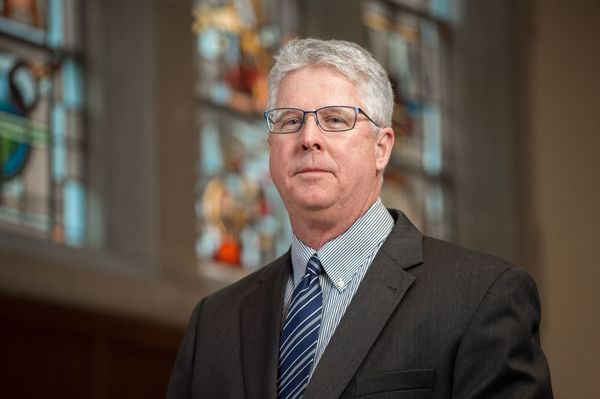Consider the following scenario: A single mother of three young children is living in a southern U.S. city. She gave birth to her oldest during her senior year of high school, then dropped out. Her main source of income is government safety net benefits, and while she has the ability to work, an unreliable car and limited access to the city bus keep her from maintaining steady and meaningful employment. To work her way out of poverty, she must develop marketable skills, secure reliable transportation, and find affordable childcare.
Life is further complicated for this mother because she doesn’t speak English fluently and she’s overwhelmed by caregiving demands--in addition to dealing with a disability of her own, one of her children has medical needs and her father is chronically ill. Although the collection of state and federal programs available in her area have the potential to meet her needs, the services offered have different eligibility requirements, are fragmented geographically, and are difficult to navigate.
Social service agencies are standing up to address heartbreaking situations like this one by designing programs that provide intensive, wrap-around case management services to accompany families on their journeys out of poverty. After completing a detailed needs assessment that identifies a family’s existing strengths, personal goals, and barriers to growth, a case management team works with the family to create a service plan that maps out a road to success.
Each plan is individualized to meet the unique needs of the family it’s designed to help, and case managers are trained to consider the many different aspects of each situation at once. The services that follow encompass a variety of interventions, from job training and housing assistance to emotional counseling and lessons in financial literacy.
One of the most important features of intensive, wrap-around services is the small caseload of each case management team. This allows teams to dedicate sufficient time to each client, and encourages more holistic treatment. These programs also offer financial assistance to clients, which helps to reduce the cash flow issues that often threaten their success.

LEO is currently working to evaluate these holistic programs in a number of cities, including Santa Clara (CA), Fort Worth (TX), Rochester (NY), Rapid City (SD), and Chicago (IL). Specifically, our research teams are investigating whether these kinds of case management programs improve employment outcomes, housing options, health care costs, and community college completion rates for the families they serve. So far, we have learned that wrap-around case management:
- Is a worthy goal. Families in poverty face exceedingly difficult situations which are often composed of multiple pressing issues. Case management provides a useful way to synthesize and tackle each problem.
- Is expensive. Wrap-around services require significant time and resource commitments. However, this should not deter organizations from experimenting with them—if solutions to the problems faced by families in need were cheap and easy, poverty would have been solved long ago.
- Requires commitment. Of the interventions we are evaluating, many require that two or three years of services be provided for those enrolled.
- Is promising. So far, we have evidence that these kinds of interventions improve rates of community college completion, reduce hospital readmissions for low-income seniors, and move families out of poverty.
- Is not for everyone. For case management to succeed, the families involved must actively participate. Many, however, are not ready to commit to the level of participation required—in many of our interventions, our program participation rates hover anywhere from 25 to 40 percent. One of LEO’s research goals is to examine how we can better encourage participation in these programs.
As our evaluations progress, we look forward to shedding more light on the effectiveness of holistic case management programs in moving families out of poverty and helping them thrive.